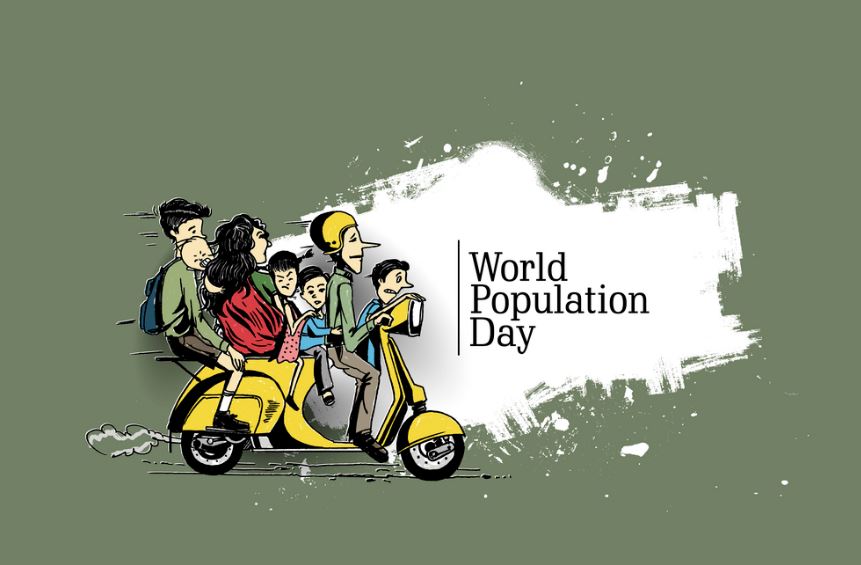World Population Day, observed on July 11th each year, serves as a reminder of the critical issues related to the global population. Established by the United Nations in 1989, this day aims to raise awareness about the implications of a growing population and the importance of sustainable development. The significance of World Population Day lies in its ability to highlight the complex interplay between population growth, resource allocation, and social and economic development. As we navigate the 21st century, understanding and addressing the challenges of population growth become increasingly crucial for ensuring a sustainable future.
- Blogs
- General Knowledge
- World Population Day Addressing Global Demographic Challenges 668f7727bdccdd0001d30bb3
World Population Day: Addressing Global Demographic Challenges
General Knowledge • 11 Jul, 2024 • 52,525 Views • ⭐ 2.7
Written by Shivani Chourasia

Current Global Population Trends

As of 2024, the global population stands at approximately 8 billion people, with significant variations in growth rates across different regions. While some countries experience rapid population growth, others face declining birth rates and ageing populations. According to the United Nations, the world population is projected to reach around 9.7 billion by 2050, with the majority of growth occurring in developing regions, particularly in Africa and Asia.
Demographic changes, such as increasing life expectancy and decreasing fertility rates, contribute to shifts in population dynamics. For instance, the global fertility rate has declined from an average of 5 children per woman in the 1950s to about 2.5 in 2020. This decline is attributed to factors such as improved access to education, healthcare, and family planning services.
The trends also indicate a shift towards urbanization. By 2050, it is estimated that 68% of the world’s population will live in urban areas. This urban migration is driven by the search for better economic opportunities, healthcare, and living conditions. However, this rapid urbanization brings its own set of challenges, including overcrowded cities, inadequate infrastructure, and increased pollution.
Challenges of Population Growth

The rapid growth of the global population presents several challenges that require urgent attention. One of the most pressing issues is resource depletion. As the population increases, the demand for natural resources, such as water, food, and energy, escalates. This heightened demand strains ecosystems and can lead to environmental degradation. For instance, the over-extraction of water for agriculture and domestic use has led to the depletion of aquifers in many parts of the world, posing a severe risk to future water security.
Urbanization is another significant challenge. Over half of the world's population now resides in urban areas, leading to the expansion of cities and the creation of megacities. While urbanization can drive economic growth and innovation, it also poses challenges such as overcrowding, inadequate infrastructure, and increased pollution. The pressure on housing, transportation, and public services can lead to deteriorating living conditions and heightened social tensions.
Healthcare issues are closely linked to population growth. In many developing countries, the rapid increase in population strains healthcare systems, making it difficult to provide adequate services. This can result in higher mortality rates and lower quality of life. Moreover, high population densities can exacerbate the spread of infectious diseases, as seen in recent global health crises. Ensuring access to healthcare for all, especially in rapidly growing regions, remains a significant challenge.
Population Control Measures

To manage population growth effectively, various strategies and policies have been implemented globally. Family planning is a key component of population control measures. By providing access to contraception and reproductive health services, countries can help individuals make informed choices about family size. Effective family planning programs also include comprehensive sex education, which helps to reduce unintended pregnancies and promotes healthier family planning practices.